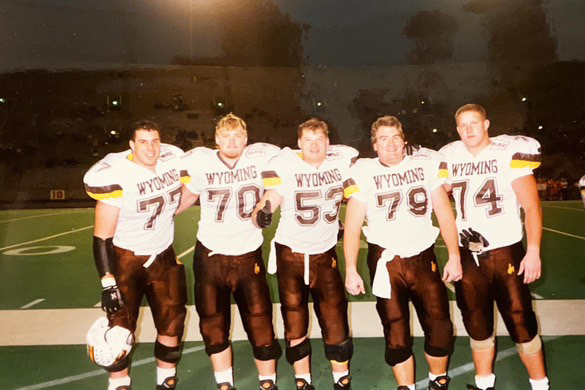Football: a sport about technique, athleticism and community. But what does it take to be a collegiate-level football player? College freshman football players Spencer Rathbun ‘24 and Will Rosenmeyer ‘24 dive into their lives as college football players complete with rigorous daily practices, intense schedules and mental resilience define their day-to-day lives.
Life as a collegiate football player presents new challenges and opportunities that differ significantly from high school. For both Spencer Rathbun and Rosenmeyer, moving into this new level of difficulty that comes with playing in Division I football has been a transformative experience for both.
“Every day consists of a lift, practice and meetings,” Spencer Rathbun said, defining the rigorous schedule that defines their lives. Meanwhile, Rosenmeyer notes the importance of mental resilience especially after facing a knee injury that created setbacks for the young player.
Rosenmeyer highlights a crucial part of football, the need for commitment even when faced with drastic challenges:
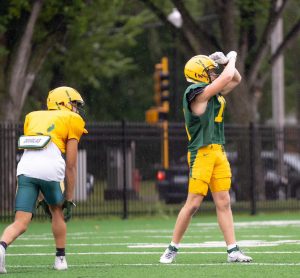
“The hardest part is definitely staying committed to your goals and to do the hard stuff every day,” Rosenmeyer said. He emphasizes that maintaining focus is crucial, especially when the grind of college football is overwhelming. Spencer Rathbun echoes this sentiment, stating that overall the skill level of players in college football demands constant adaptation and calls for improvement.
“In college, everyone is strong and fast,” Spencer Rathbun said, “But the guys that play typically have far more advanced technique and knowledge of their position and the game overall.” This nuanced understanding of both the mental and physical demands of the sport underscores the dedication to succeed at this level.
As collegiate football players, Spencer Rathbun and Rosenmeyer not only face physical challenges but also have to navigate the complexities of life off the field. This adjustment includes balancing academics with the rigorous training schedules, which require exceptional time management skills.
“Every day is a grind,” Spencer Rathbun said, highlighting the importance of the discipline required to maintain their commitments. As they adapt to these pressures, both players recognize the vital role mental resilience plays in their journeys.
Rosenmeyer further elaborates on the emotional aspects of this commitment, quoting,
“It’s about pushing through the tough days and remembering why you started.” Rosenmeyer acknowledges that the weight of expectations can be especially daunting, but staying focused ultimately helps them to overcome these hurdles.
“When you’re in the middle of it all, it’s easy to lose sight of why you love the game,” Rosenmeyer said, adding a perspective that reflects the dedication required to thrive in the demanding environment of college football, reinforcing the notion that success if much about mental strength as it is about physical ability.

While Spencer Rathbun and Rosenmeyer are currently navigating Division I collegiate football, their experiences are not entirely unique. To gain additional insight into not only the evolution of college football but also shifting expectations, former players like Rob Rathbun and Kevin Meyer have also provided their experiences, having played at the University of Wyoming, and the University of Midland respectively.
Meyer reflects on his time as a football player, highlighting the rigorous practice he underwent,
“Honestly, I am not sure how good the benefit was having three-a-day practices, but we did condition much more than today,” Meyer said, capturing intensity of the practice, but also questioning its effectiveness. “ …and I believe the mental toughness was much more evident because of our practice schedule.” His insight reveals the demanding nature of collegiate football but also shows how, in some ways, it hasn’t changed as both Spencer Rathbun and Rosenmeyer navigate their challenges of Division I football.
Building on Meyer’s insight, it’s clear that the demanding practices of his era had an important role in shaping players’ mindsets. While modern athletes like Spencer Rathbun and Rosenmeyer benefit from advancements in training and recovery, they too face their own unique pressures and expectations, but no athlete is alone in these challenges.
Following Meyer’s lead, Rob Rathbun provides a much deeper understanding of the pressures athletes face. Reflecting on his own experience, he shares,
“There’s a couple of ways I would describe it [college football], one is very difficult, the other is very rewarding,” Rob Rathbun said. He goes on to emphasize the relentless competitiveness of the sport, “You’re never good enough. You’ve always got guys that are trying to do better than you.” This atmosphere creates great pressure, but also great players, Rob Rathbun adds “There’s a lot of what I did that made me who I am today,” highlighting the impact the sport had on him.
As Rob Rathbun reflects on his college football journey, it becomes evident that the overall game as a whole has changed, not just fundamentally, but the atmosphere as well. While Rathbun faced grueling practices and an intense competitive atmosphere without the help of modern methodologies, today’s players like Rosenmeyer and Spencer Rathbun will face a vastly different experience. However the core pressures remain, and competition remains high.
“Back in my day, we couldn’t even have a job during school without it being an NCAA violation,” Rob Rathbun said. “Now, athletes can actually profit from their name, image and likeness, which fundamentally changed the way they approach careers and finances.” This shift shows how much the game has truly changed since the time of Meyer and Rob Rathbun; it highlights how modern players might still face the same competition, experience or endeavors, but they have a totally different way of navigating their landscape. Such changes reflect the growth of the sport, but in a surprising way, making it much more difficult for players, especially coming out of high school.

Rob Rathbun also noted that the changes with the transfer portal have also presented new challenges for not just college players, but also high school level players. As now players have the ability to move schools, without having to sit out any time. Colleges are now more inclined to pick from the portal than to recruit players out of high school, shrinking an already small percentage that makes it to college football.
“The transfer portal has changed everything; players can move freely, which makes it harder for high school recruits to find their place,” Rob Rathbun said expressing his concerns surrounding the transfer portal on high school athletes. This observation isn’t an uncommon one to make, young athletes around the United States struggle to navigate this new competitive landscape, with established college athletes able to transfer without restrictions, making it way harder for high school players to even contend with the large talent pool.
“Football teaches you resilience, teamwork, and discipline—lessons that go beyond the field and shape who you become in life,” Rob Rathbun said.



![Minutes before the Activities Fair in the gym, president Abhi Gowda ‘26 prepares the stall for his club Helping Hands, Sept. 4. A relatively new club, Helping Hands was co-started by Gowda and focuses on assisting the homeless, and just last year they succeeded in raising a couple hundred donations to send to shelters. This year, they have goals to expand, with hopes to increase volunteer opportunities and take in-person trips to shelters, as well as extend their help beyond just homeless people. “The Activities Fair gives a lot of underclassmen the opportunity to really get to know the Canyon culture, and it gives them many opportunities for service and volunteering,” Gowda said. “[Through the Activities Fair,] I hope to find a bunch of new and passionate members about our club and just get our name out there and spread awareness to the cause that we’re fighting for.”](https://rockmediaonline.org/wp-content/uploads/2025/09/1-2-1200x885.jpg)




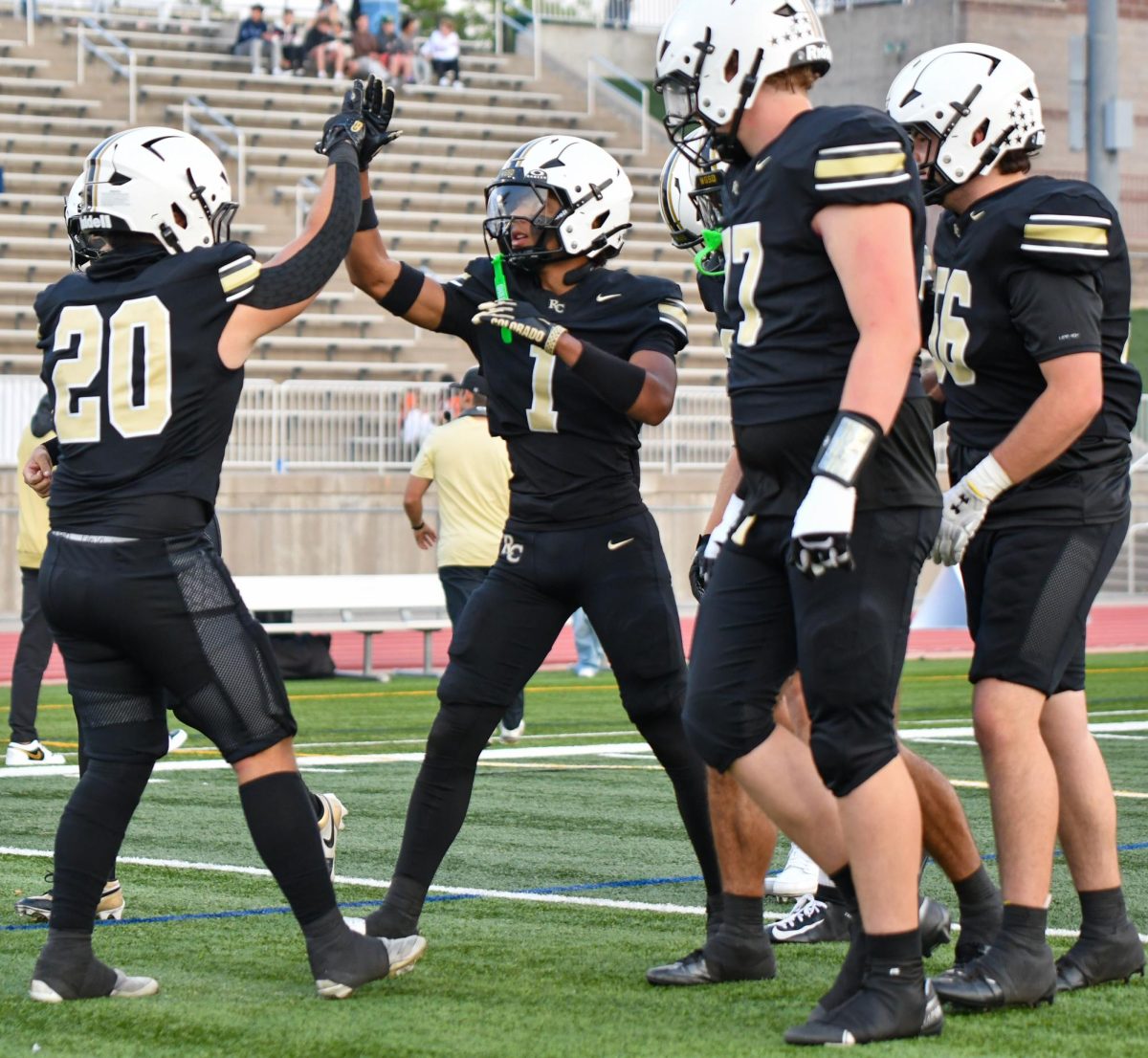
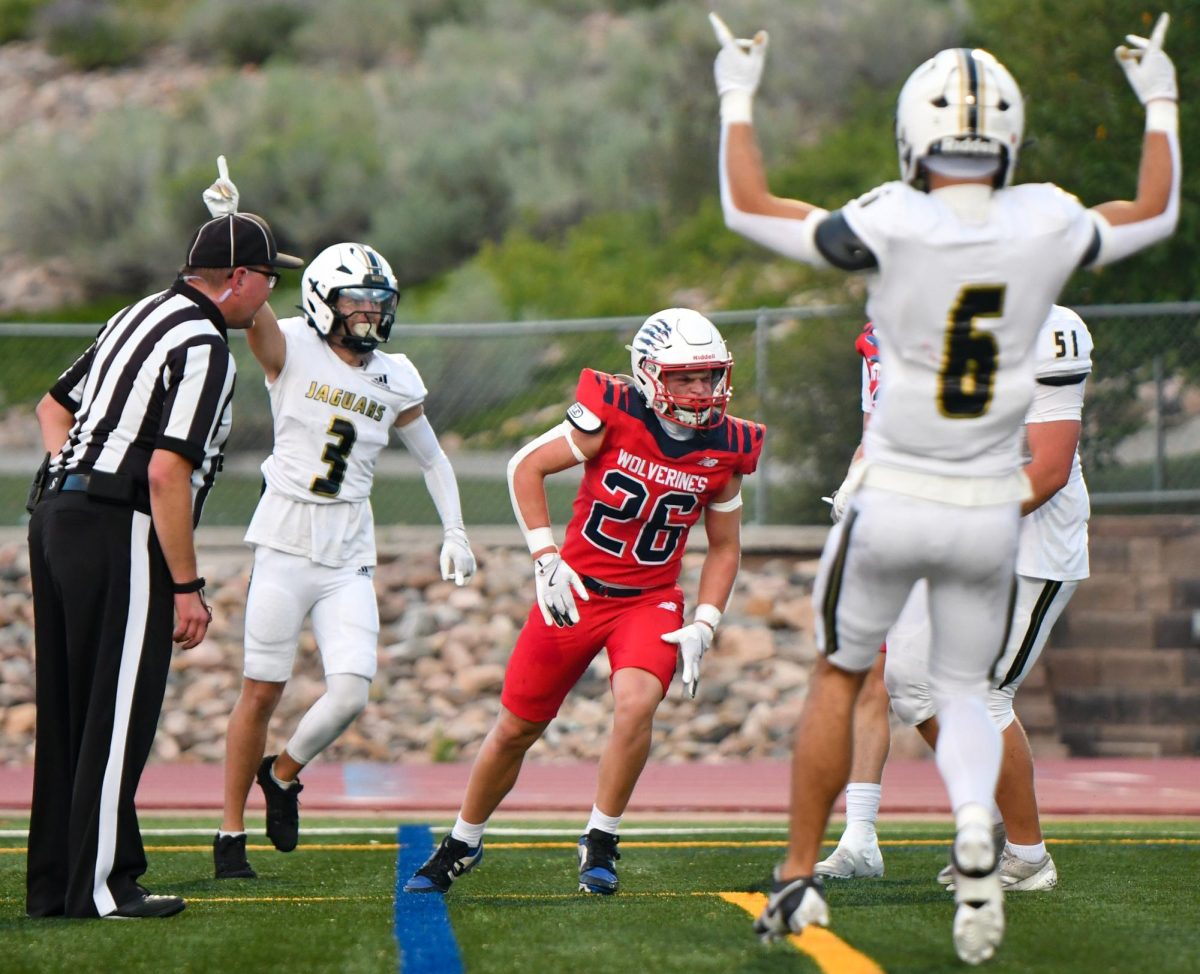

![The winter guard team makes fifth place at the state championship finals in the Denver Coliseum, March 30. The team performed to Barnes Country's “Glitter and Gold,” lead by coaches Margo Sanford, Blair Bickerton and Anna Orgren. In their class there were a total of nine groups participating, and the top five who made it to finals received a plaque. “[Walking onto the stage] is very nerve-wracking, but also very exciting as well. When you first start color guard there's a lot of anxiety and uncertainty when you first perform in front of an audience, but once you've done it for a while, it starts to become the best part of the season,” Ella West ‘25 said. “It's very fulfilling to see an audience react to something you've put your heart and soul into.”](https://rockmediaonline.org/wp-content/uploads/2025/04/Both-socal-media-nd-website-main-1-1200x846.jpg)
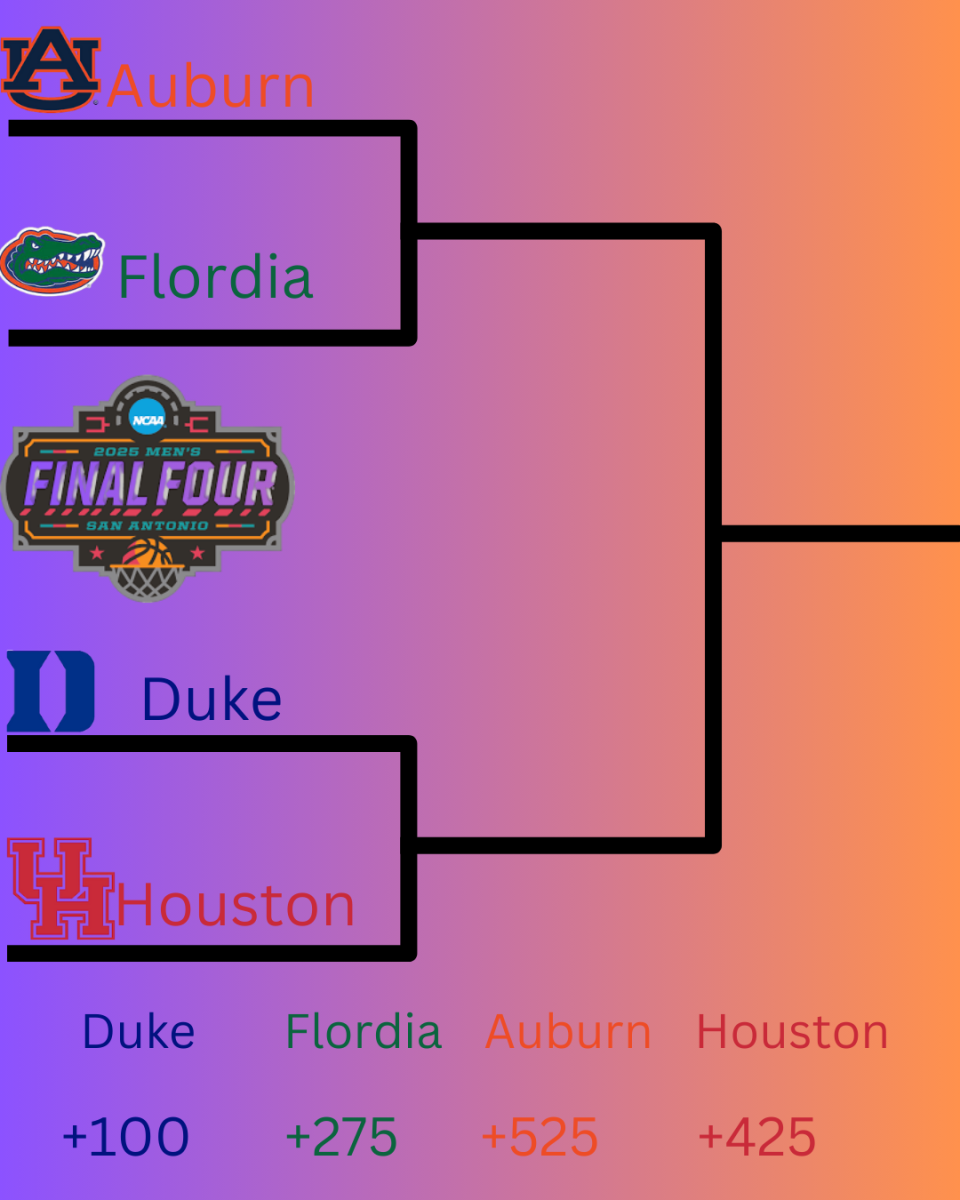

![April marks the 25th anniversary of Sexual Assault Awareness Month, created by the National Sexual Violence Resource Center (NSVRC). This month is to spread awareness of the harassment, assault and abuse that happens around the world. The symbol that represented the month was a teal ribbon; however, some survivors of assault create different symbols and movements like the TikTok trend in 2022, where survivors would tattoo Medusa on their body, in honor of her backstory in Greek Mythology. “I don't think [this month is known] at all. I rarely see anybody talk about it. I rarely see much of an emphasis on posting it online, or much discussion about it, and I feel like there needs to be way more discussion,” an anonymous source said. “I think just validating every experience that a person has gone through, regardless of the degree of it, the severity, is an essential step into making sure that people are aware that this is a very real problem in a society and that we need to do better in addressing it.”](https://rockmediaonline.org/wp-content/uploads/2025/04/IMG_0011-1200x900.jpg)


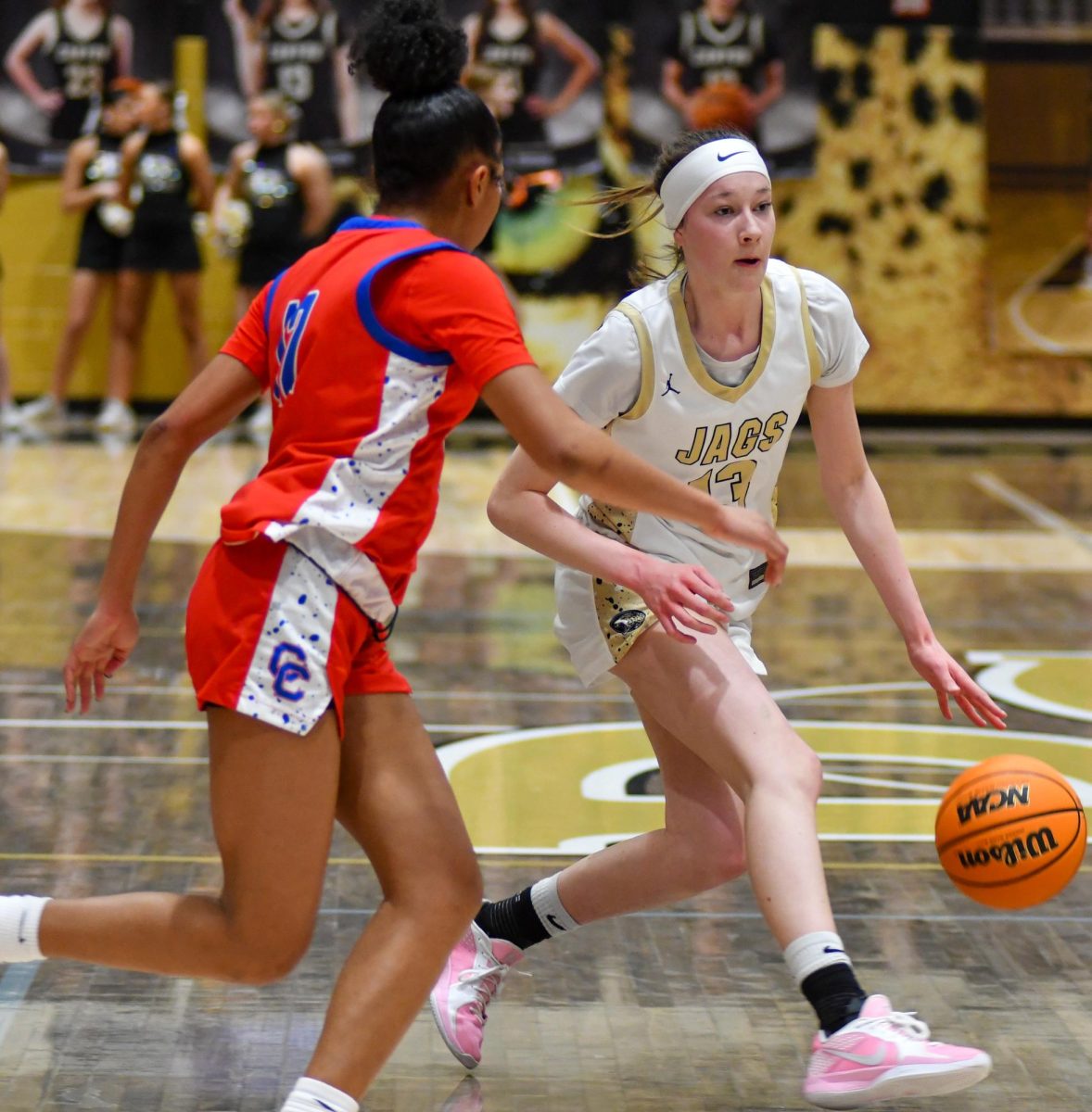
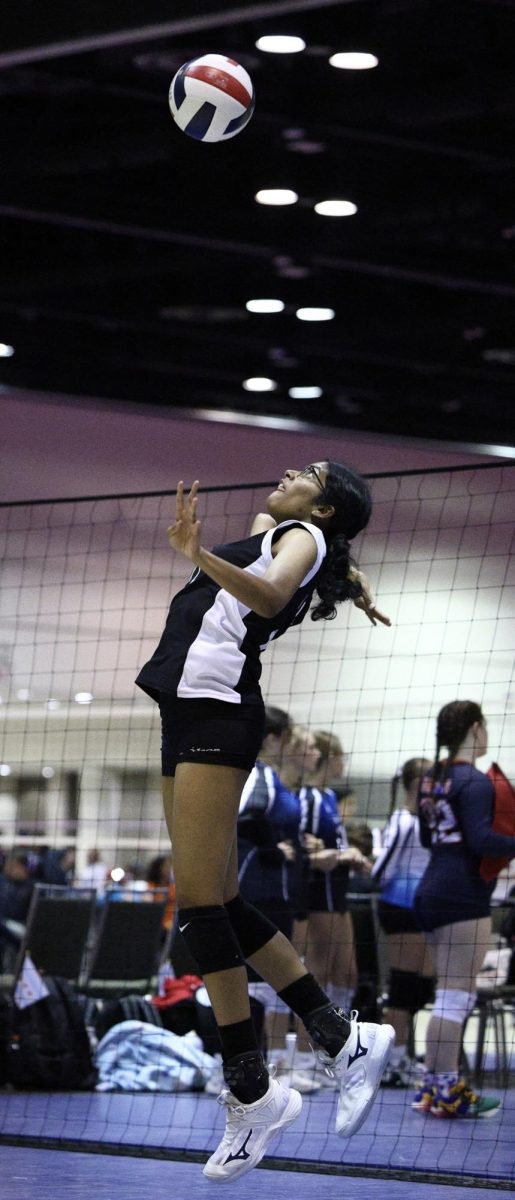









![Lesbian Visibility Day is April 26, and it’s a holiday to celebrate the lesbian community of the world. Lesbian Visibility day was established in 2008 by many queer activists and organizations who sought to raise more awareness for lesbian history and culture. “So this is why during Lesbian Visibility [Day] we celebrate and center all lesbians, both cis and trans, while also showing solidarity with all LGBTQ+ women and nonbinary people,” Linda Reily, in an article written by her, said.](https://rockmediaonline.org/wp-content/uploads/2025/04/Lesbian-Visibility-day.jpeg)





